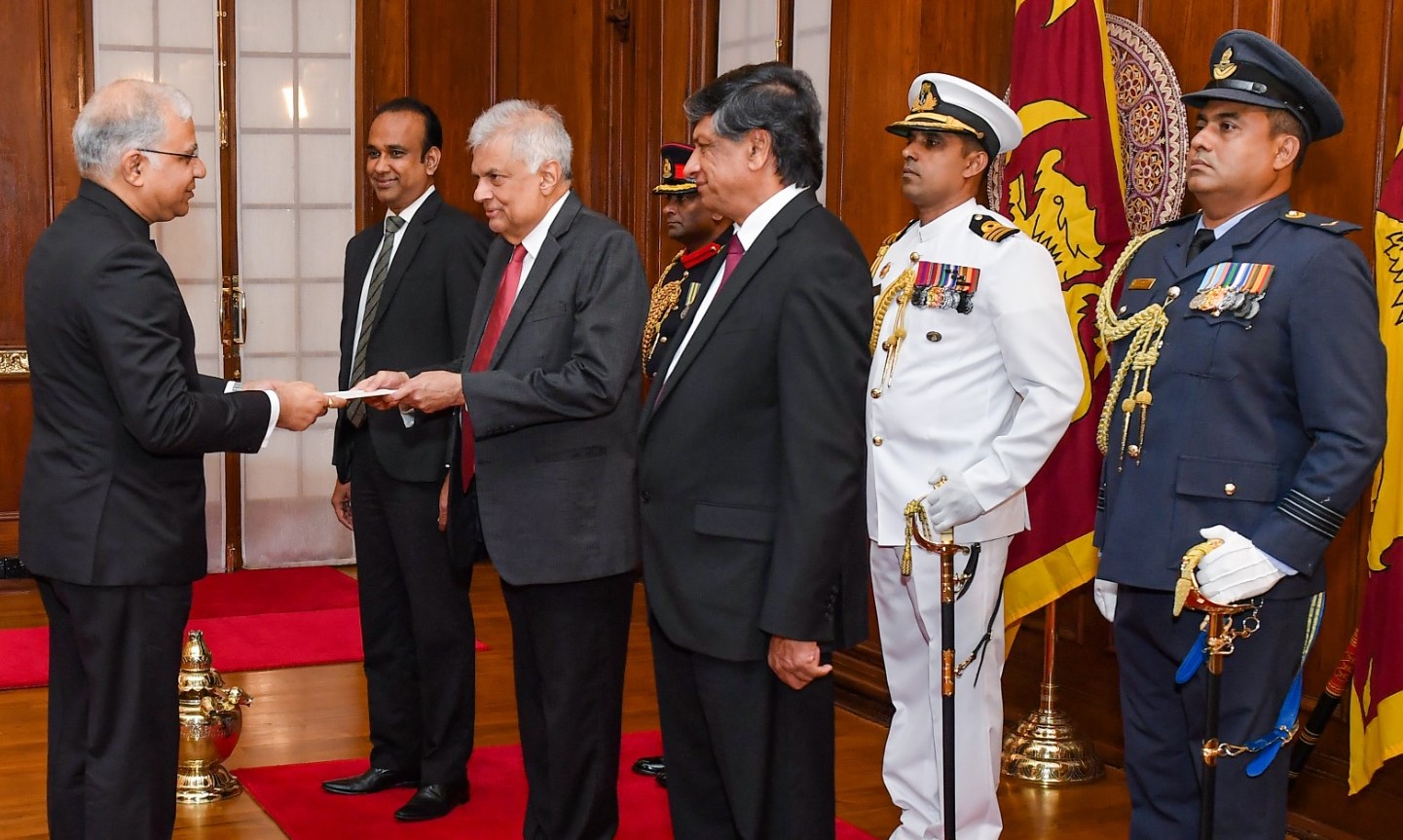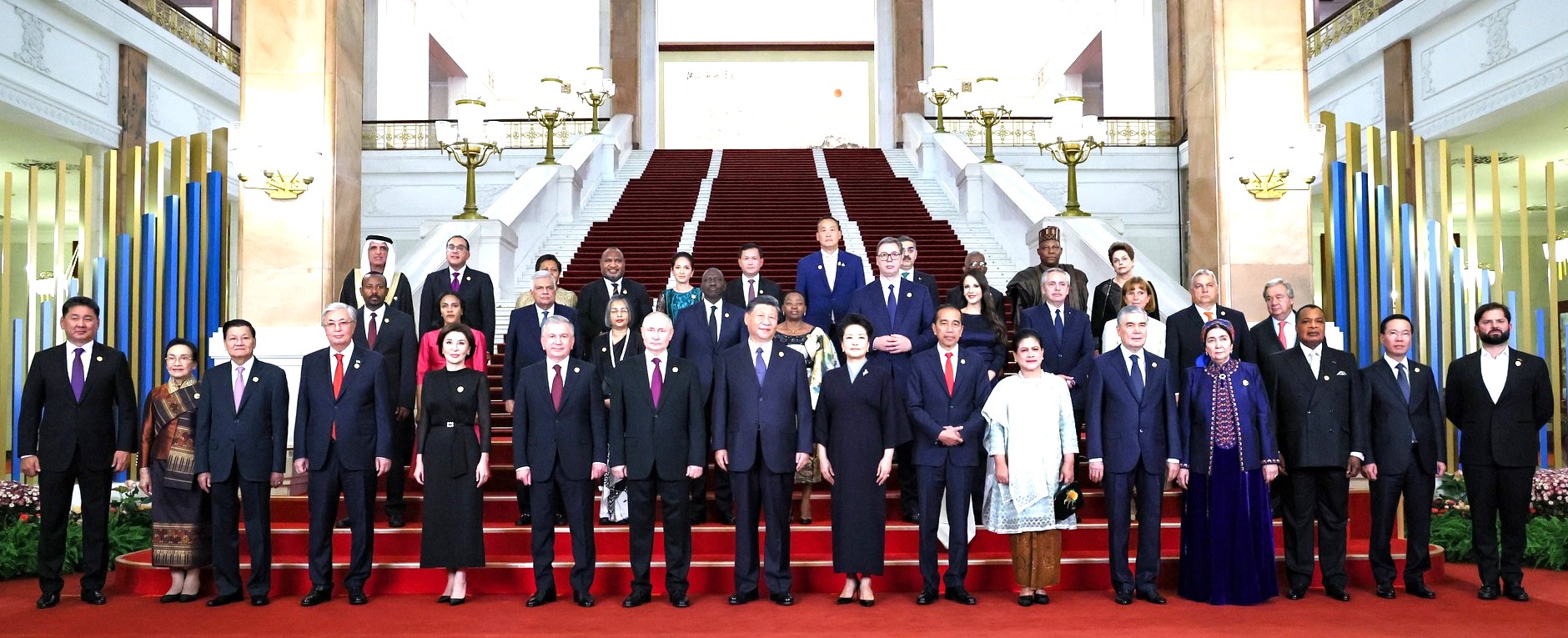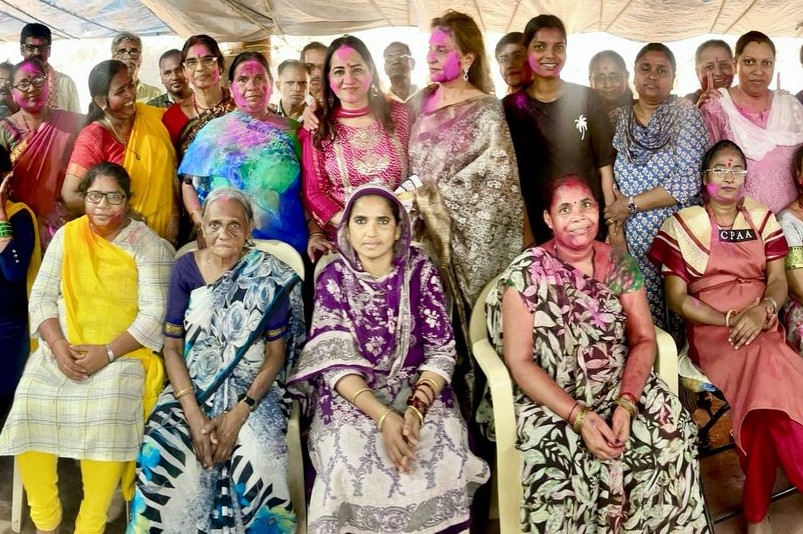By Mewati Sitaram
Thailand’s government, in a move aimed at revitalizing its tourism industry and catering to the growing digital nomad community, has unveiled a series of new visa promotions and incentives. The recently approved measures, set to take effect from June 1, 2024, include visa-free and visa-on-arrival schemes, extended stays for students, and reduced compulsory health insurance requirements for retirees.
Under the new regulations, visitors from 93 countries including Indians, will be allowed to stay in Thailand for up to 60 days without a visa, an increase from the current 57 nations. Additionally, the Cabinet has approved visa-on-arrival for 31 countries, up from the previous 19. One of the most significant developments is the introduction of the Destination Thailand Visa (DTV), a five-year visa aimed at attracting digital nomads, remote workers, and freelancers. This new visa category will allow holders to stay in Thailand for up to 180 days, with the option to extend their stay for another 180 days upon payment of an additional fee of 10,000 baht (approximately $300).
Chai Wacharonke, the government spokesperson, highlighting the versatility of the DTV visa said, “The DTV visa, which comes with a fee of 10,000 baht, is designed to cater to those seeking to combine work and exploration of Thailand’s renowned tourist destinations. It targets individuals interested in activities such as learning Muay Thai, cooking, sports training, medical treatment, seminars, and arts and music events. “They can learn and tour places”.
In a move to attract and retain international talent, the government has also announced measures to facilitate post-graduation employment opportunities for foreign students. Those pursuing bachelor’s degrees or higher with a Non-Immigrant Visa (ED) will now be allowed to extend their stay for one year after graduation to search for jobs, travel, or engage in other activities, provided they obtain certification from the Ministry of Higher Education, Science, Research, and Innovation. Currently, Thailand hosts around 40,000 such foreign students.
To further incentivize long-term stays, the government has reduced the compulsory health insurance coverage requirement for visitors aged 50 or older seeking long-stay visas. The minimum coverage has been lowered from 3 million baht to 440,000 baht (400,000 baht for inpatient treatment and 40,000 baht for outpatient coverage). This change will be effective from September to December.
Moreover, the Cabinet has approved the expansion of e-visa application services at Thai consulates and embassies from 47 to 94 locations, starting in September. This move is expected to streamline the visa application process and enhance the overall experience for visitors. With these new visa schemes and incentives, Thailand aims to boost its tourism industry, attract digital nomads and remote workers, and position itself as a desirable destination for long-term stays and employment opportunities for international talent.

Editor in Chief : Mewati SItaram











